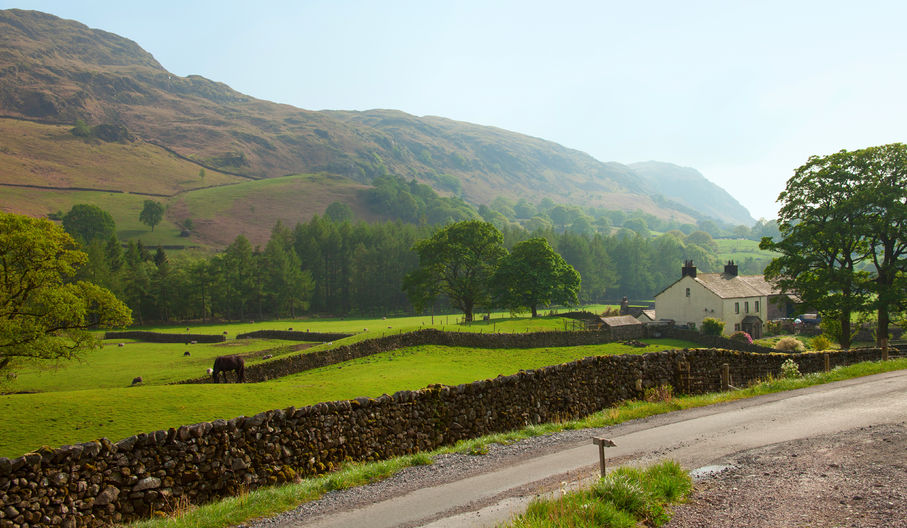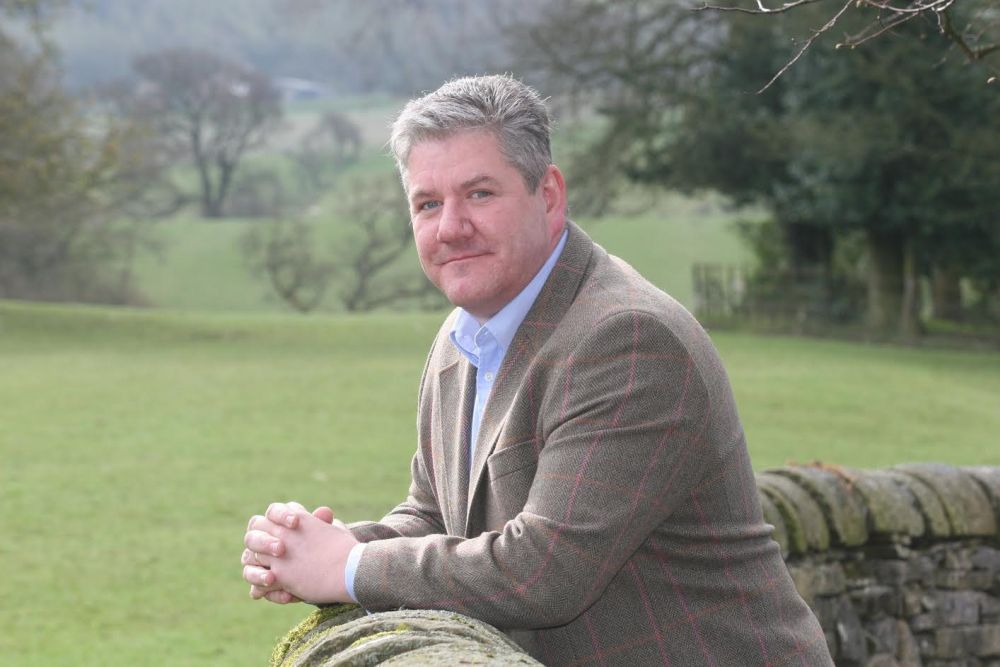
Rural landowners are being urged to put Brexit fears aside and see today’s climate as a clear opportunity for investment in rural business growth, claim a rural advisory firm.
With Article 50 triggered and changes in the payment of farm subsidies, trade tariffs and fiscal policy, the future of the rural economy seems uncertain.
The landscape is shifting for many rural landowners who have relied on agriculture as a source of income.
It is likely the nature of subsidy payments will change dramatically once Common Agricultural Policy (CAP) payments come to an end.
With a move away from this regime planned for 2020, a clear deadline has been set for an alternative approach.
In a new white paper published this week by Rural Solutions, the paper articulates its vision for Positive Asset Management to future proof land and property assets. The authors urge landowners to plan ahead to ensure long-term preservation and success.
Positive Asset Management
The whitepaper “Positive Asset Management in a Changing Rural Economy” responds to the uncertainty of many commentators.
“Ours is an age of uncertainty, but it is also one of opportunity. Conditions are ripe for rural estate owners to pursue ambitious plans for business growth and diversification,” explains William Fry, managing director of Rural Solutions.
“In a time of change, entrepreneurial landowners can build thriving rural enterprises that capitalise on the unique conditions facing rural estates in the run up to 2020.
“Positive Asset Management is a cultural shift which adopts five key principles that can make a difference to the future success of rural estates and landowners. It involves thinking creatively, knowing your market, thinking long-term, de-risking investment and drawing on expert advice.

“It also involves estate principals and landowners adopting an entrepreneurial attitude to their businesses, and thinking positively when seeking inspiration for growth that will preserve their estates for future generations.”
Driver for bold investment
The authors argue that the uncertainty surrounding the years ahead act as a driver for bold investment.
By taking control of their business and investing in a broader business base, landowners can protect themselves in the current climate despite Brexit uncertainties.
Encouraging landowners to take advantage of the conditions currently facing the rural sector, the whitepaper outlines several enablers for success.
The Government’s commitment to simplify the planning process through the National Planning and Policy Framework (NPPF) is an engine to fuel social and economic growth, putting sustainability at the heart of successful planning.
Mr Fry explains: “Deregulated planning presents a huge opportunity for rural landowners. Where planning was once a barrier to growth, it’s now seen as a key instrument to its achievement.
“Planning applications that evidence a clear economic gain for the local area, a social role in building communities, environmental stewardship and how they enhance the built environment – tend to be given the green light.”
The public’s growing affinity with the countryside is also having a positive impact.
Mr Fry adds: “Wise investment in a broader business base, less reliant on agriculture or forestry and more focused on leisure and tourism, can leverage today’s vibrant consumer appeal for goods and services associated with the countryside.
“The final enabler for change is a positive investment culture, favourable towards rural enterprises that are looking to diversify. Historically low interest rates are now making lending an attractive option to businesses who may have traditionally relied on funding investment out of reserves.”
Changing pattern of rural enterprise
The Savills Estate Benchmarking Survey 2016 offers a timely insight into the changing pattern of rural enterprise, demonstrating a notable shift away from agriculture as a source of landowners’ income and an almost threefold increase in the significance of the leisure sector.
Since 2000, agriculture has gone from being the most significant activity undertaken by landowners, making up almost a half of their income, to accounting for just over a third of their revenue in 2016 - 55% of this income will come from subsidies.
Income from residential property has increased from 36.7% in 2000 to 43.4% in 2016, making it the most significant revenue stream for rural businesses.
Commercial developments have risen by 2% to 9.4% and leisure has grown from 1.9% in 2000 to 5.6% in 2016.
Leisure may currently be the smallest source of income for landowners, but the white paper explains the exponential rise in leisure points to an obvious pattern: the sector is growing in significance for UK landowners.
Mr Fry concludes: “In a period of uncertainty, it can be tempting for businesses to do nothing. But by maintaining a steady course, they miss out on opportunities to grow, and may well weaken their enterprise.
“The wider economic, environmental and social conditions have never been more suited to the growth of rural businesses. They serve as an encouragement to rural estate principals and landowners to act now, to make bold but sound investments that Brexit-proof their businesses and lay the foundations for it to thrive.”
